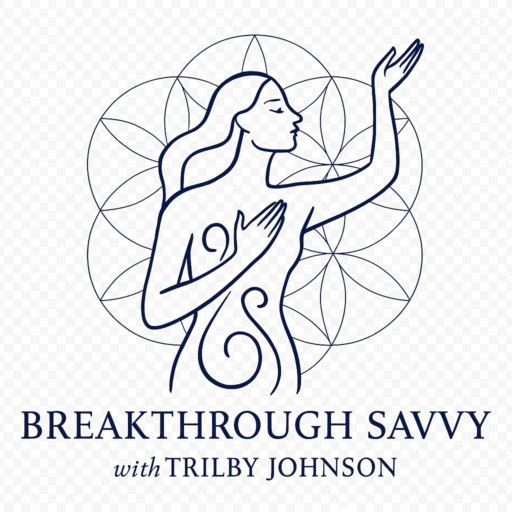
A Prescription for Meditation
 With the resurgence of the practice of meditation into my life, through facilitating meditation classes and requests from clients seeking stress release and health improvement, I was amazed when looking up the definition of meditation online, to come across the medical dictionary interpretation.
With the resurgence of the practice of meditation into my life, through facilitating meditation classes and requests from clients seeking stress release and health improvement, I was amazed when looking up the definition of meditation online, to come across the medical dictionary interpretation.
Here it quite clearly states: Meditation can be used with other forms of medical treatment and is an important complementary therapy for both the treatment and prevention of many stress-related conditions. Regular meditation can reduce the number of symptoms experienced by patients with a wide range of illnesses and disorders. Based upon clinical evidence as well as theoretical understanding, meditation is considered to be one of the better therapies for panic disorder, generalized anxiety disorder, substance dependence and abuse, ulcers, colitis, chronic pain, psoriasis, and dysthymic disorder. It is considered to be a valuable adjunctive therapy for moderate hypertension (high blood pressure), prevention of cardiac arrest (heart attack), prevention of atherosclerosis (hardening of arteries), arthritis (including fibromyalgia), cancer, insomnia, migraine, and prevention of stroke. Meditation may also be a valuable complementary therapy for allergies and asthma because of the role stress plays in these conditions. Meditative practices have been reported to improve function or reduce symptoms in patients with some neurological disorders as well. These include people with Parkinson’s disease, people who experience fatigue with multiple sclerosis, and people with epilepsy who are resistant to standard treatment.
I don’t know about you, however in all the years that I have sought medical advice, not one GP ever suggested meditation and its benefits. In fact, I was left with the distinct impression that many in the medical professions considered, and still do, meditation to be total rubbish.
Researching more online, I was pleasantly surprised to find countless mention of meditation and its amazing and renowned benefits. So why is it that those in the medical profession are not prescribing meditation more often? I am not advocating for the abolition of medication, however, what about supplementing and complimenting it with meditation sessions?
I know that regular meditation, as in daily, consciously reconnects us with ourself. It is a way of being present. Meditation is so much a part of my life now, that I can hardly remember what it was like before ……….. if there ever was a before.
As an Emotional Breakthrough Mentor, I encourage you to take up meditation and next time your doctor writes you a prescription, why not ask him to prescribe meditation as well?
In fact, why wait until you have to see a doctor, start meditation today. I am sure that wherever you find yourself, there is a group that runs meetings, or write down your own meditation and record your own voice speaking it. I offer sessions via Phone or Skype, so the possibilities are infinite.
What if meditating today, will keep the doctor away? I know where I choose to invest my money and time. What about you?
Trilby Johnson is an Emotional Breakthrough Mentor, Author and Speaker whose clients hire her to go from emotional zero to emotional hero, as they heal, alleviate stress and cultivate emotional freedom in their lives, relationships, finances, emotions, health and mindset. She shares her knowledge of how to create inner harmony and outer balance with those seeking to deepen their self-knowing and expand their consciousness.
Contact Trilby for a Breakthrough Alchemy Assessment if you are ready for go from zero to hero now!
©Trilby Johnson. All Rights Reserved. Copyright Prohibited. Please share any part of this article with reference to this original blog.
Disclaimer: Any information shared here is not a substitute or replacement of any medical, psychological, legal or financial advice.
